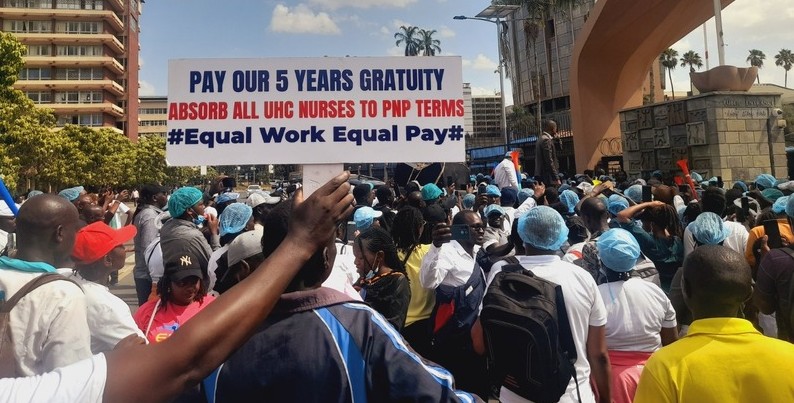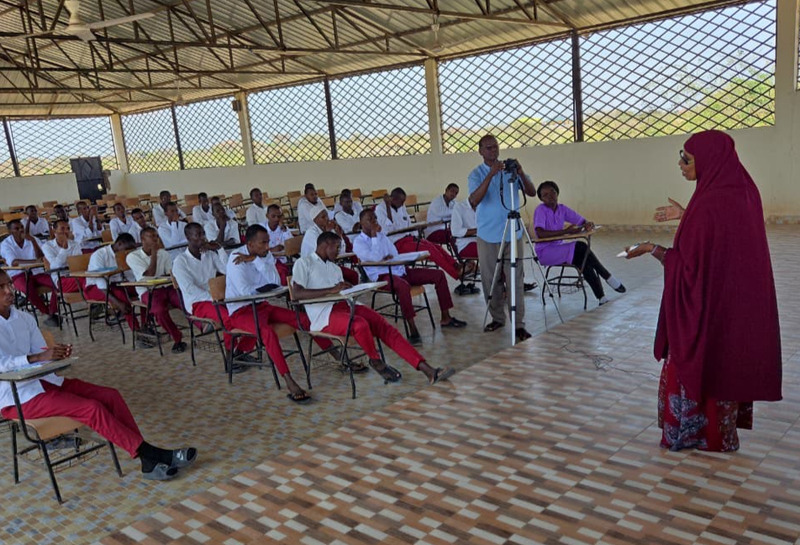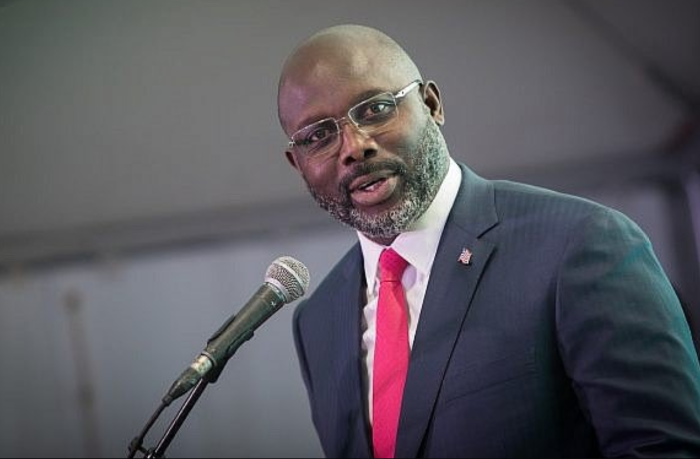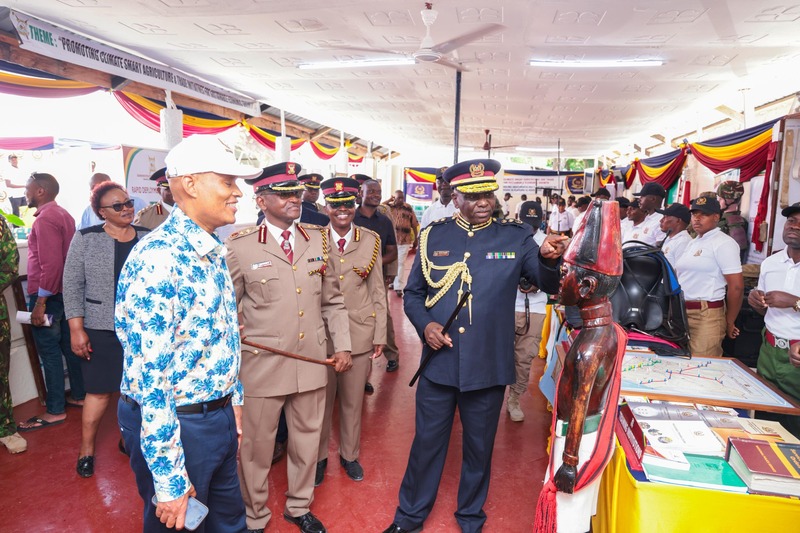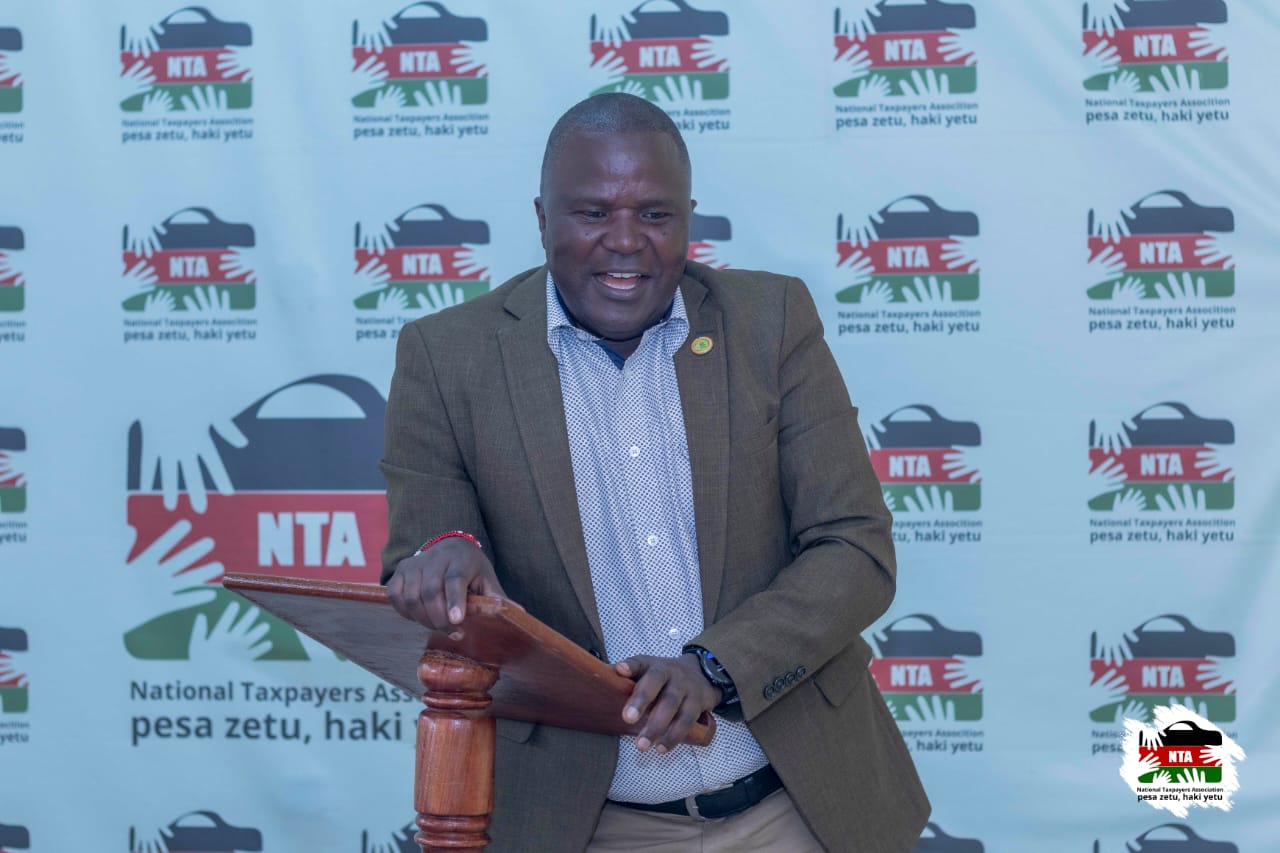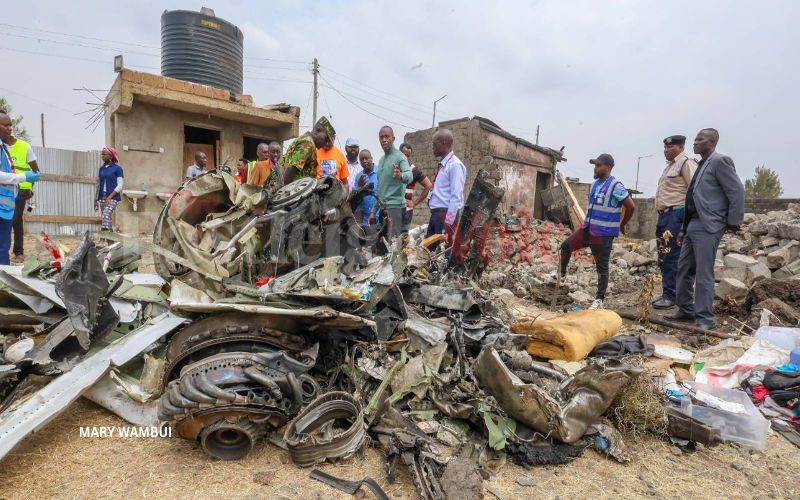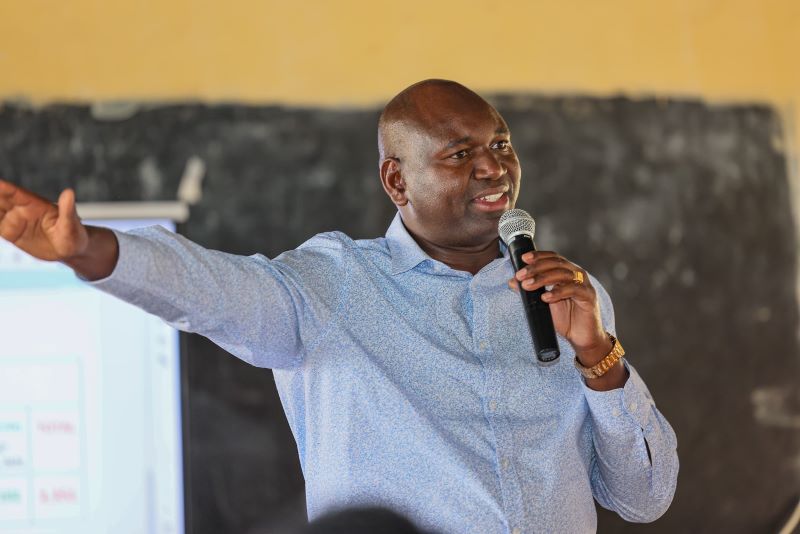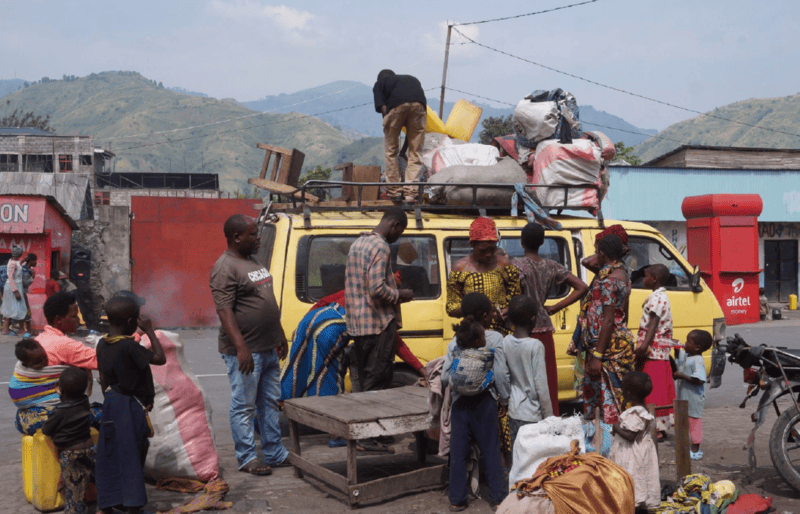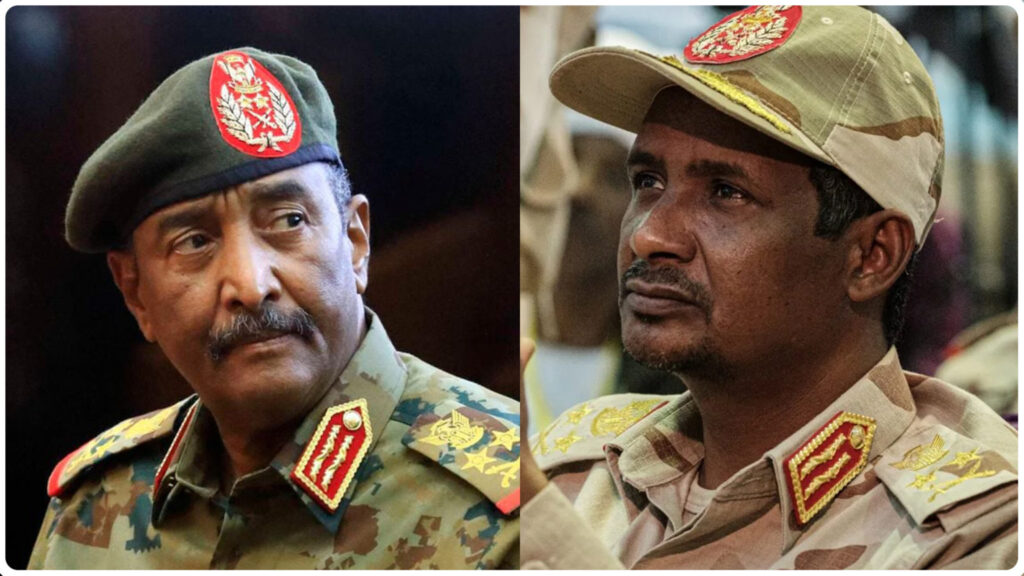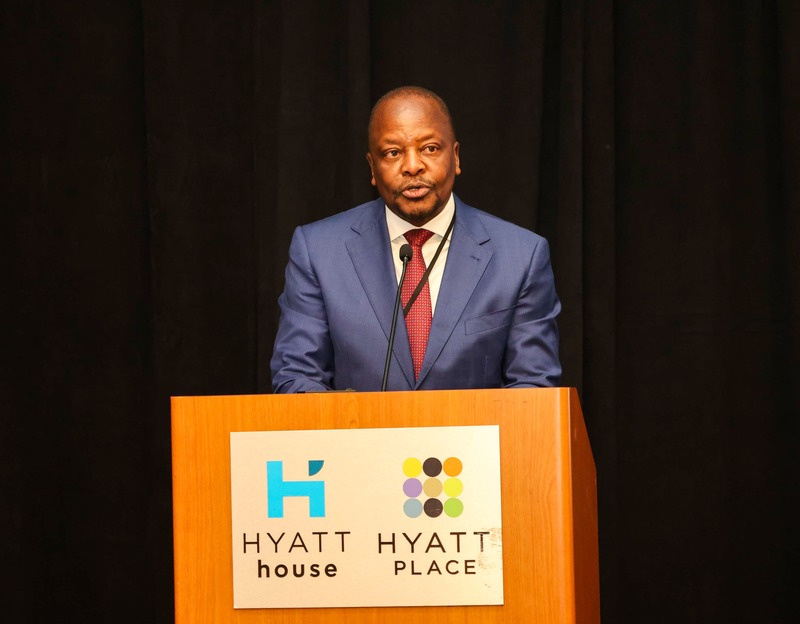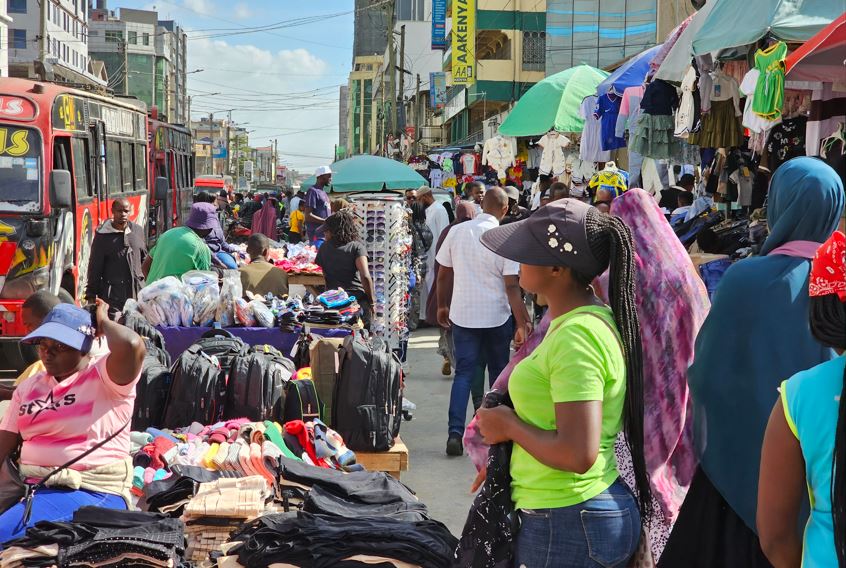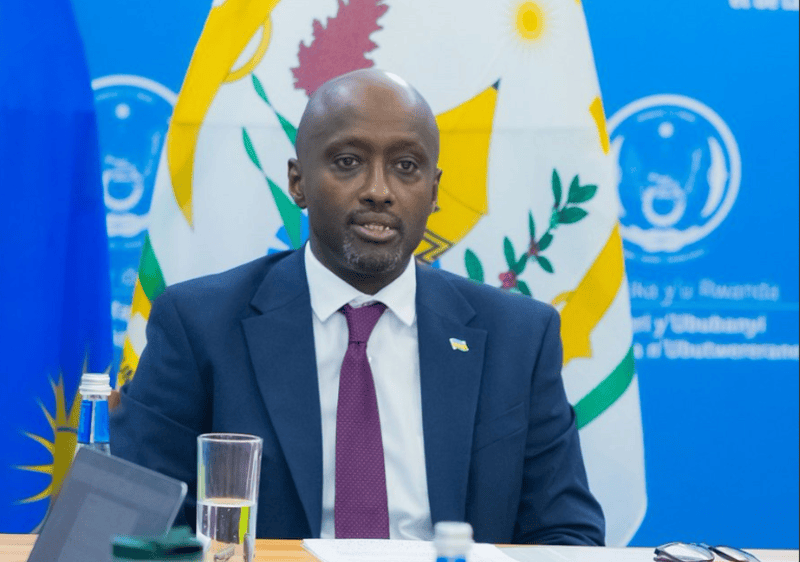Kenya pushes back as diplomatic pressure mounts over protest anniversary

While acknowledging the concerns raised about policing, the ministry emphasised that any violations "are addressed through our institutions—including independent commissions, Parliament, and the Judiciary."
Kenya's government is pushing back against growing international scrutiny over its handling of public protests, issuing two formal statements in response to a joint communique by twelve Western embassies and high commissions calling for restraint, accountability, and respect for the right to peaceful assembly.
The joint statement—signed by the embassies of Germany, the Netherlands, Denmark, Ireland, Australia, Switzerland, Norway, Canada, the UK, the US, Sweden, and Finland—was released ahead of the first anniversary of the June 2024 #RejectFinanceBill protests.
More To Read
- LSK President Faith Odhiambo vows victim-centred justice for protest and riot victims
- Families of protest victims wait as DPP examines 184 police misconduct cases
- 60 per cent of Africans don’t believe democracy is working in their interests - how parliaments can fix the problem
- Kenya, US agree to initiate plans on new trade deal as AGOA winds down in September
- US offers Sh1.3 billion reward for information on ISIS-Somalia financial networks
- Murkomen warns vandalism, arson and looting now considered terrorism in Kenya
It urged the Kenyan government to "facilitate peaceful demonstrations" and expressed concern over the use of plainclothes officers and "hired goons" to disrupt civic gatherings, warning that "protecting the right to protest is vital to preserving civic space and a cornerstone of Kenya's vibrant democracy."
In response, the Ministry of Foreign and Diaspora Affairs issued a formal note to the 12 diplomatic missions, affirming Kenya's commitment to constitutional democracy while defending state actions.
"The rights to peaceful assembly and freedom of expression remain a protected pillar of Kenya's constitutional democracy. However, Kenya's democracy does not operate in a vacuum," the ministry stated. "The responsibility to protect the public, prevent violence, and safeguard the peace lies squarely with the State—and must be exercised with restraint, legality, and care."
While acknowledging the concerns raised about policing, the ministry emphasised that any violations "are addressed through our institutions—including independent commissions, Parliament, and the Judiciary."
It also cautioned foreign partners against "overly prescriptive" comments that may "perpetuate political polarisation and harm the social fabric," reminding them of the Vienna Convention's principles of non-interference and mutual respect.
A sharper tone was struck by Nelson Koech, Chairperson of Parliament's Committee on Defence, Intelligence, and Foreign Relations, who criticised the joint statement for straying into partisan territory.
"In referring to 'hired goons' and covert operations, the joint statement treads dangerously close to adopting the language of activists and partisan actors," Koech wrote on Tuesday in a wrongly dated letter.
"Kenya welcomes dialogue, not echo chambers."
Koech framed the foreign commentary as an infringement on Kenya's sovereignty.
"Kenya is not a subject of external surveillance. Kenya is a nation rising—secure in its democracy and firm in its partnerships."
The twin statements reflect a coordinated yet increasingly defensive posture by the Ruto administration in the face of rising diplomatic pressure and domestic discontent.
Top Stories Today


